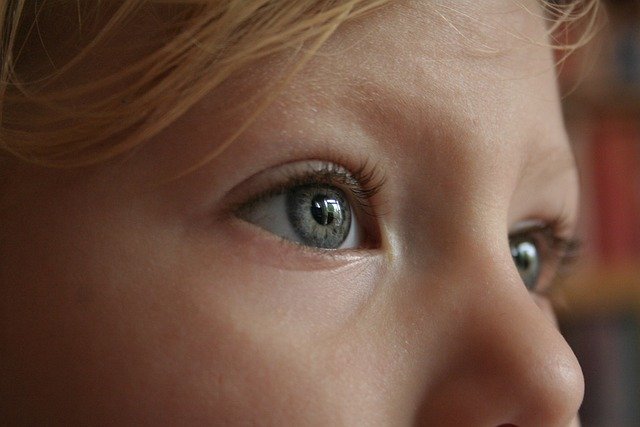Introduction
Living with a disability comes with its own set of challenges, and one of the most uncomfortable experiences is being stared at in public. The feeling of being the center of attention can be overwhelming and can take a toll on one’s mental health. In this article, I will share my personal experiences and strategies for coping with being stared at because I am disabled.
The feeling of being stared at
Being stared at because of a disability can evoke feelings of self-consciousness, insecurity, and frustration. It can make you feel like you are different and not fully accepted in society. The constant scrutiny from others can make simple tasks like going to the grocery store or taking public transportation feel like a daunting task.
Understanding the reasons behind staring
People stare for various reasons, some out of curiosity, others out of ignorance or discomfort. It is essential to understand that staring is often a reflection of the other person’s lack of knowledge or awareness about disabilities. While it may be hurtful and intrusive, it is crucial to remember that their behavior is a result of societal norms and stereotypes.
Impact on mental health
The constant scrutiny and attention can have a significant impact on one’s mental health. It can lead to feelings of anxiety, depression, and low self-esteem. Being stared at can make you feel like you are always under a microscope, which can be emotionally draining and exhausting.
Strategies for coping with staring
- Building self-confidence: Remind yourself of your worth and value, regardless of how others perceive you. Focus on your strengths and accomplishments to boost your self-esteem.
- Educating others about disabilities: Take the opportunity to educate others about your disability and raise awareness. Encourage open conversations and dispel myths and misconceptions.
- Seeking support from friends and family: Surround yourself with loved ones who understand and support you unconditionally. Lean on them for emotional support and encouragement.
- Practicing self-care and self-compassion: Take time to care for yourself both physically and emotionally. Engage in activities that bring you joy and relaxation.
- Engaging in activities that boost self-esteem: Explore hobbies and interests that make you feel confident and empowered. Surround yourself with positive influences that uplift and inspire you.
- Using humor to diffuse uncomfortable situations: Sometimes, a light-hearted approach can help disarm awkward stares and diffuse tension. Use humor to bring levity to the situation and shift the focus away from your disability.
- Setting boundaries with strangers: It is okay to assert your boundaries and politely communicate when staring makes you uncomfortable. Advocate for yourself and your comfort in social situations.
- Advocating for disability rights: Get involved in advocacy and activism efforts to promote disability rights and create a more inclusive society. By raising your voice, you can make a difference and challenge stigma and discrimination.
Conclusion
Dealing with being stared at because of a disability is a challenging and sometimes painful experience. However, it is essential to remember that you are not defined by others’ perceptions of you. By practicing self-care, building confidence, educating others, and advocating for yourself and disability rights, you can navigate these situations with resilience and grace.
FAQs:
- How do I respond when someone stares at me because of my disability?
- You can choose to ignore the stares, politely address the person, or educate them about your disability.
- Is it normal to feel uncomfortable when being stared at in public?
- Yes, it is entirely normal to feel uncomfortable when you are the center of attention due to your disability.
- How can I boost my self-confidence in social situations where I feel stared at?
- Building self-confidence takes time and practice. Surround yourself with supportive people, engage in activities that make you feel good about yourself, and focus on your strengths.
- What are some self-care practices that can help me cope with being stared at?
- Engage in activities that bring you joy and relaxation, practice mindfulness and self-compassion, and prioritize your emotional well-being.
- How can I advocate for disability rights in my community?
- Get involved in local advocacy groups, participate in awareness campaigns, and educate others about the importance of disability rights and inclusion.


I just like the helpful info you provide for your articles. I will bookmark your blog and take a look at again right here regularly. I’m moderately certain I will learn many new stuff proper here! Good luck for the next!